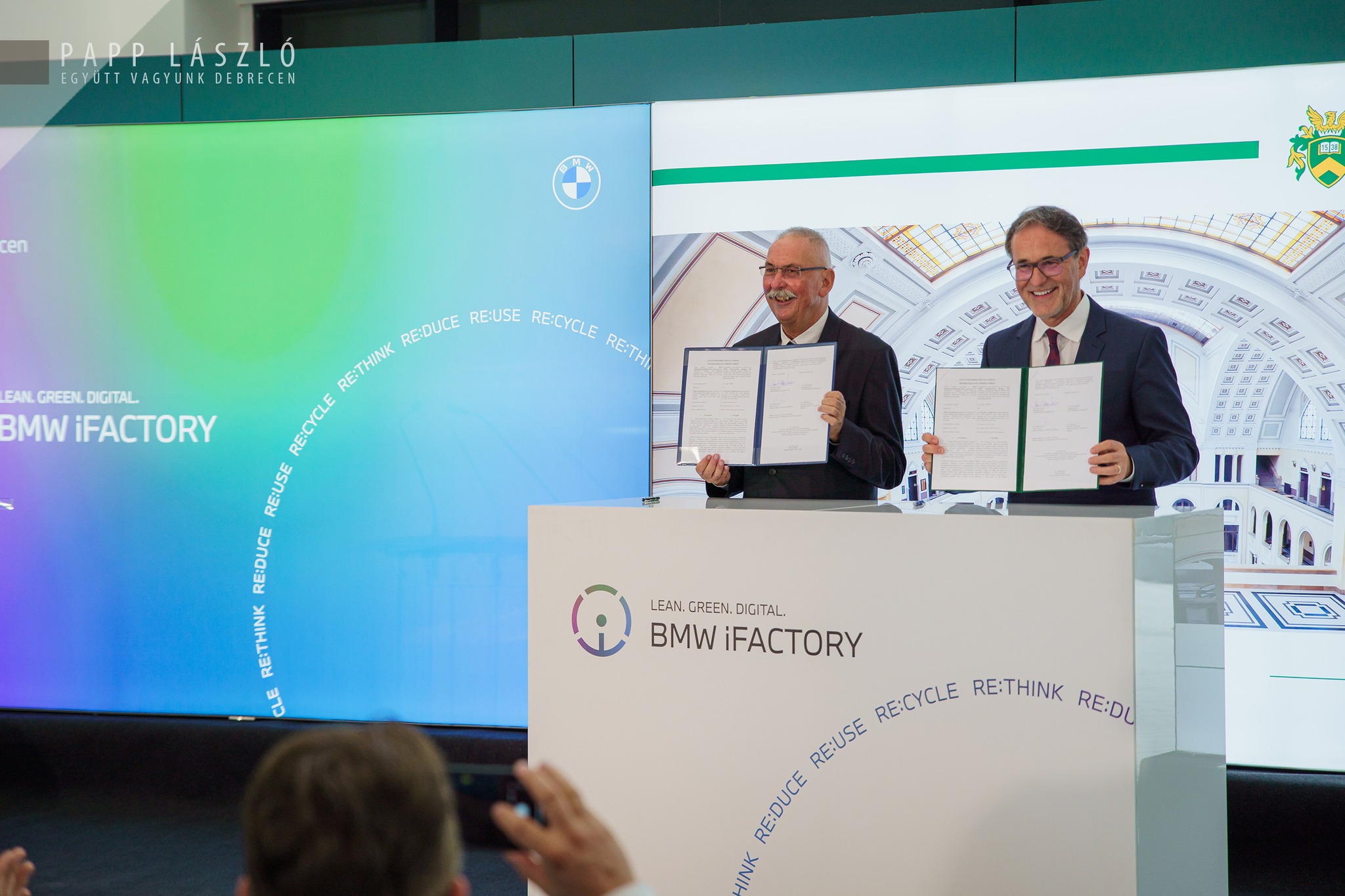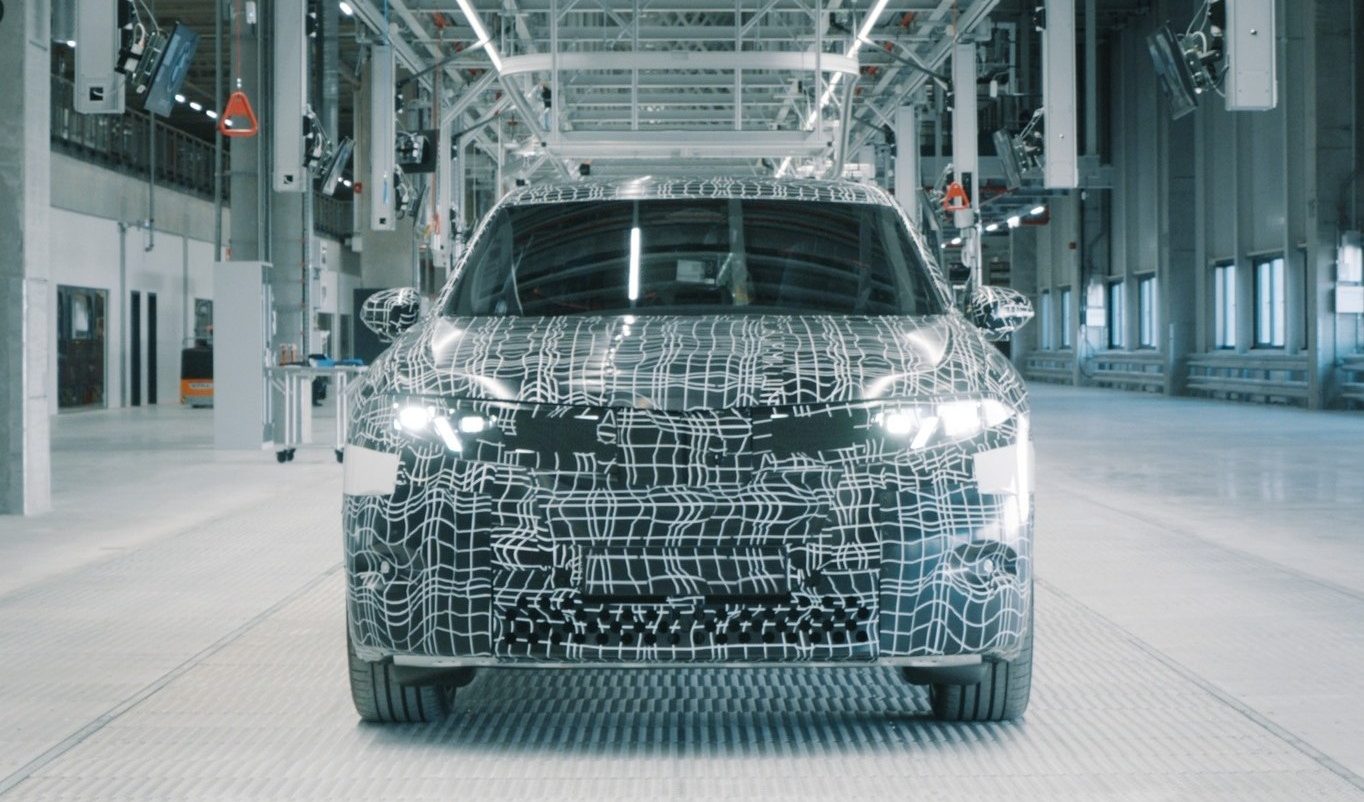
The University of Debrecen has the widest range of education in Hungary.Continue reading

BMW’s expansion into Debrecen (eastern Hungary) marks a significant milestone in the company’s commitment to electrification and innovation. The company’s management is replacing its car with a Neue Klasse model produced in Debrecen, Johannes Trauth, vice-president of BMW Group Plant Debrecen, told Világgazdaság. However, the replacement of the company car will have to wait until September 2025, when series production of the model will start in the Hungarian city.
After Debrecen, industrial production will start at BMW’s Spartanburg plant in South Carolina and then in San Luis Potosí, Mexico. The latter plant, to be completed by 2027, with an investment of EUR 8,000 million, will produce exclusively Neue Klasse models and employ 1,000 people, as will the Debrecen plant.
Test car production is already well underway in Debrecen, with the 100th test car rolling off the production line at the end of November.
The various load and other tests will be carried out in Debrecen this year, with final tests and set-ups to be carried out in Germany from next year until the start of series production in September. The checks will cover everything from engine set-up to crash tests, including refining the sound of the doors closing.
Students from BMW Debrecen’s dual training program will also be involved in the testing process. There are currently 200 of them, with another 100 more next year, and all of them will get a job at the BMW Group’s Debrecen plant after graduation, according to Johannes Traut.
BMW is also cooperating with the Hungarian Vocational Training Center of Debrecen and the University of Debrecen in the field of training. In the recently opened automotive laboratory of the latter, in addition to training future automotive engineers, research and development activities are also carried out to meet the needs of BMW and its suppliers.
Students will gain an insight into everything from car polishing to mechatronic processes, learning about electric motors and the operation of conventional engines.
The learning process now includes pure electric BMW models on the road,
including the I7, retailing for around HUF 85 million (EUR 205,267), and the IX1, ranging in price from HUF 35 to 60 million (EUR 84,521 to EUR 144,878). The latter will soon be on the streets of Debrecen as a test car. According to our sources, the basic model of the Neue Klasse will cost around HUF 25 million (EUR 60,363), while the most highly equipped model will cost around HUF 40 million (EUR 96,581).
Market Építő Zrt. took a major share in the construction of the BMW factory in Debrecen. Since spring 2019, the company’s subsidiaries have carried out the complete construction of four buildings in eight projects on behalf of the City of Debrecen and the BMW Group, for a total value of more than EUR 367 million.
The BMW Group has prepared 400 hectares of land and constructed the entire infrastructure, including the most complex and highly technologically demanding production hall of the BMW plant with a floor area of 140,000 square meters, the assembly plant and associated units, and three smaller facilities covering a total area of 9,000 square meters.
Via Világgazdaság; Featured image via Facebook/BMW Group Gyár Debrecen